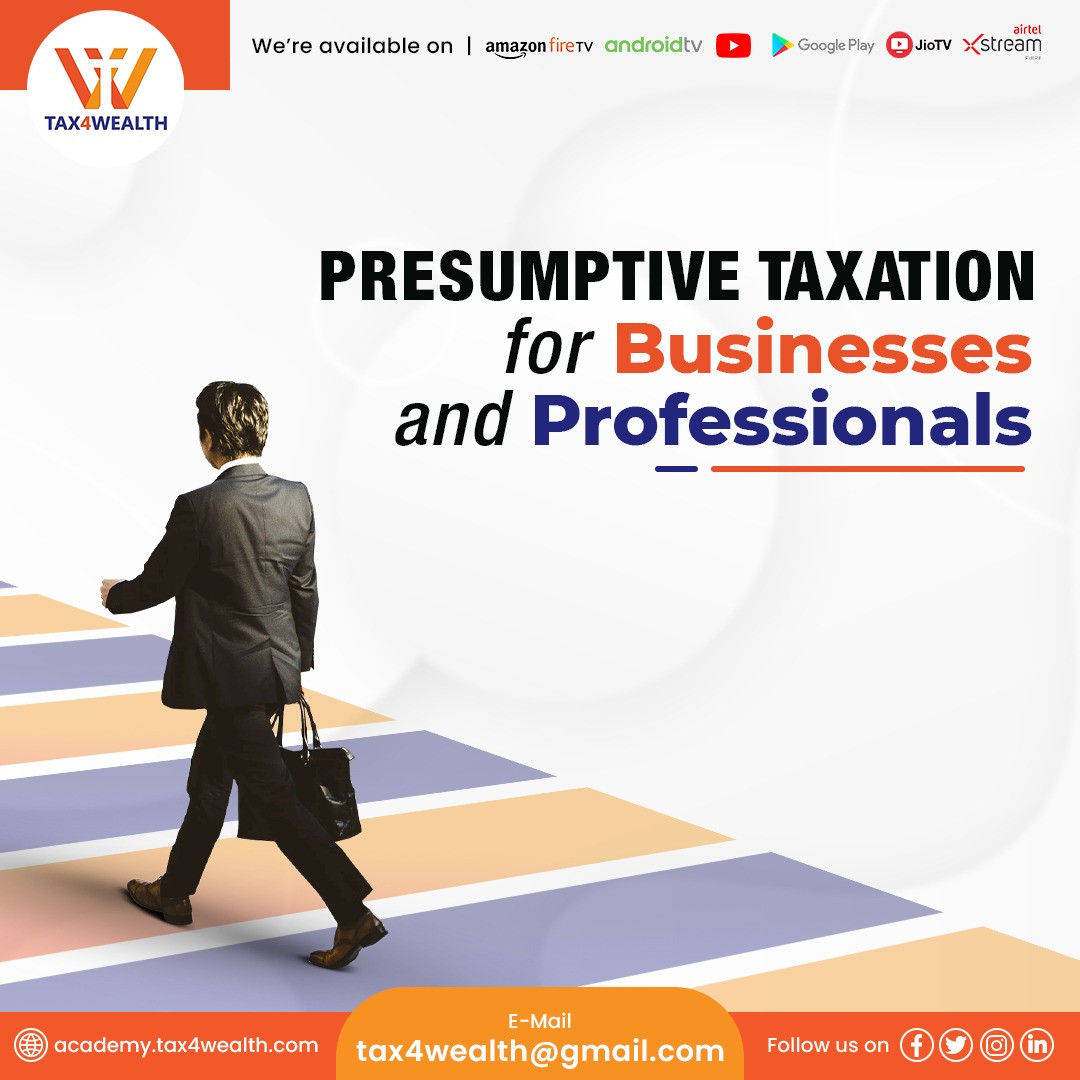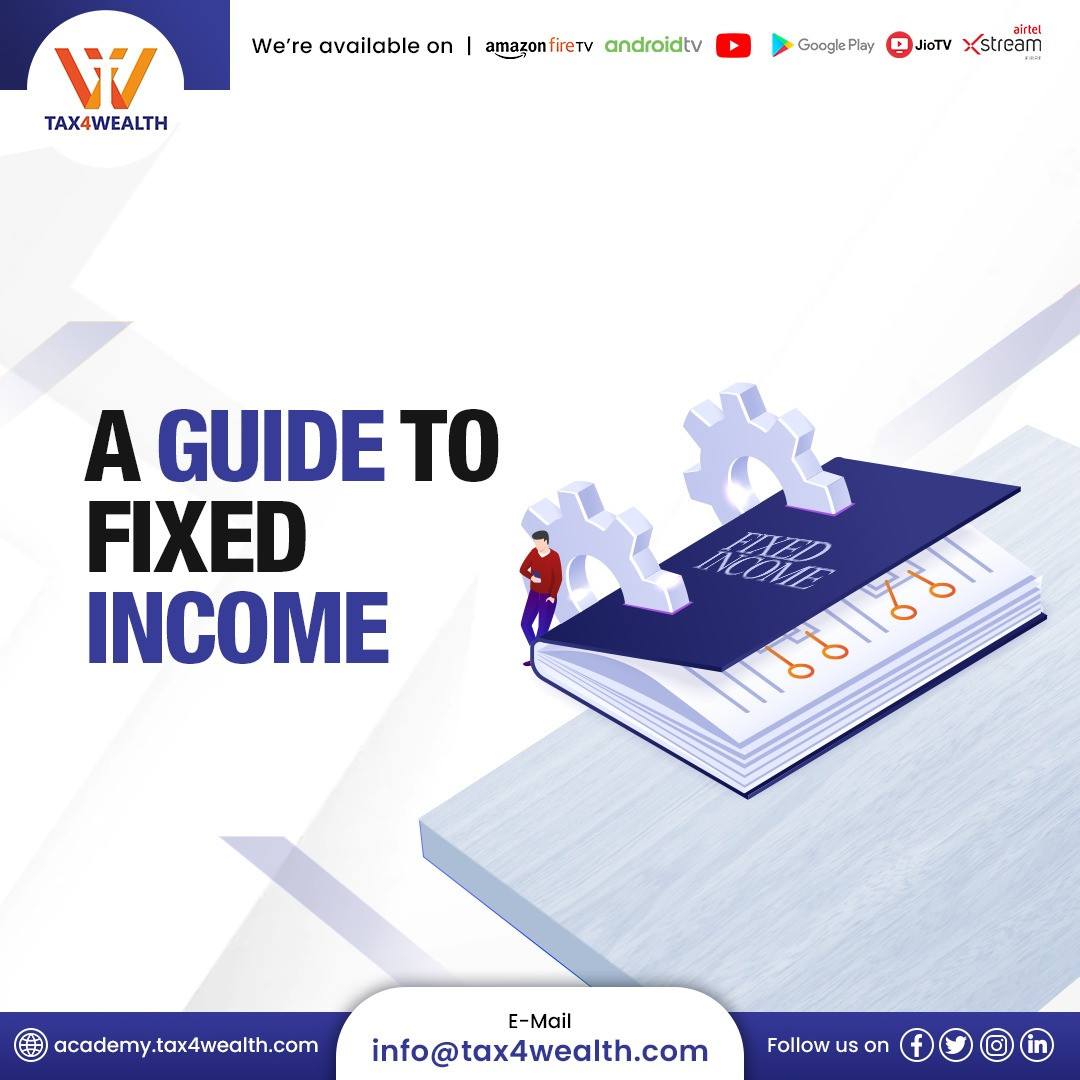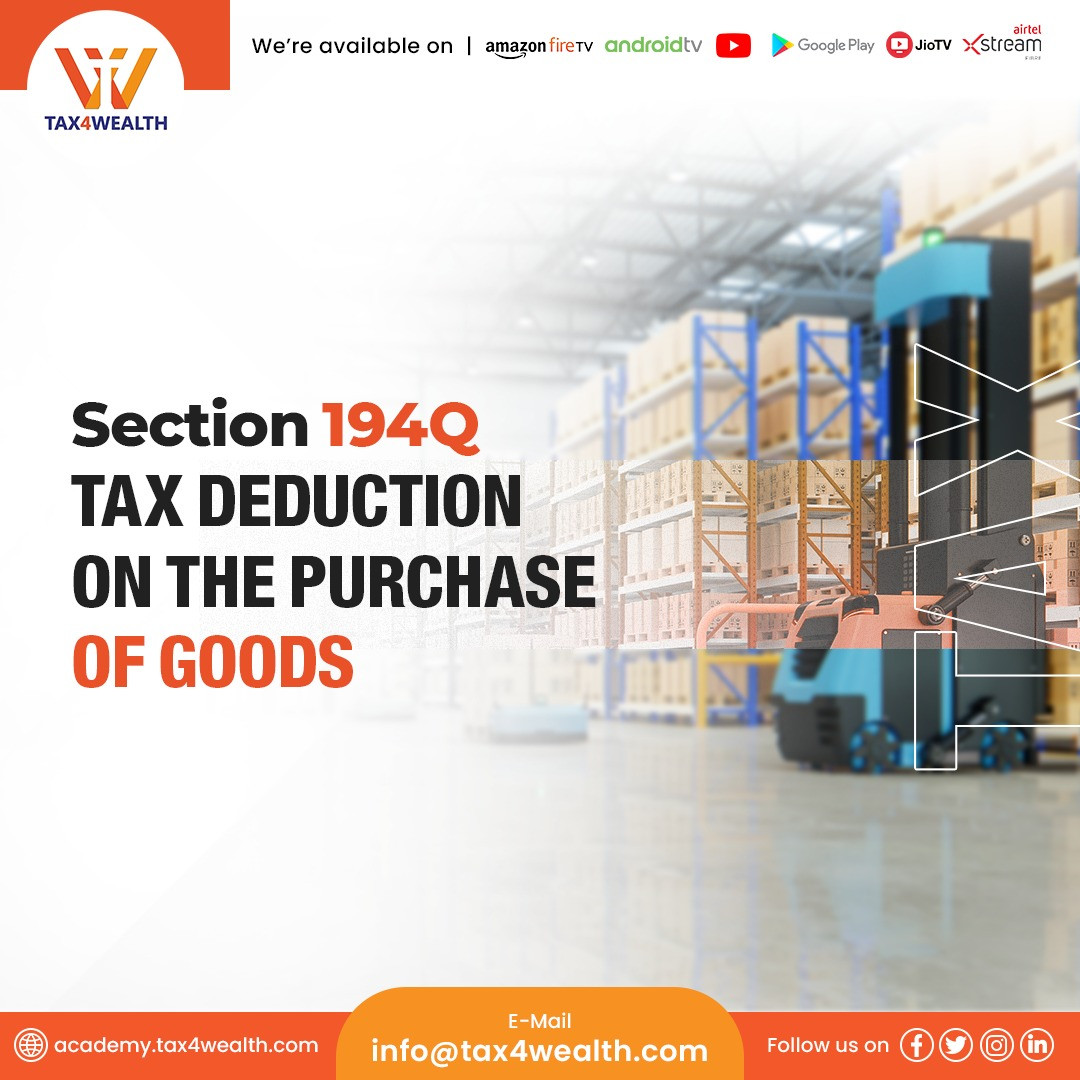
Presumptive Taxation for Businesses and Professionals
Presumptive Taxation for Businesses
Presumptive Taxation for a business is provided under Section 44AD of the Income Tax Act, 1961. A business having a turnover not exceeding Rs. 2 crore can opt for presumptive taxation. The businesses can declare profits for non-digital transactions and for digital transaction of 8% and 6% respectively whichever one is applicable. The below mentioned businesses are excluded from the presumptive taxation;
- Life Insurance Agents
- Commission Received in any form or kind
- Business of hiring, leasing, plying of good carriages
Computation of Presumptive Taxation
Example
Elite Traders have gross receipts of Rs. 1.5 Crore during the financial year 2020-21 and they do not maintain any books of accounts. M/s Elite Traders has opted for the presumptive taxation scheme. During the financial year M/s Elite Traders received Rs. Lakhs and Rs. 80 Lakh through cash payments and digital transactions respectively. Here, the question arises under what income of M/s Elite Traders under the head business and profession.
Solution:
Income under the business and profession will be as calculated as follows;
For cash payments: 70, 00,000 X 8% = Rs. 5, 60,000
For digital transactions: 80, 00,000 X 6% = Rs. 4, 80,000
Accordingly, the income under the head “Business or Profession” will be Rs 10, 40,000
Benefits of Presumptive Taxation
The following are some of the benefits of presumptive taxation;
- Central Government's establishment of National Defence Fund
- Prime Minister’s National Relief Fund.
- Under the provisions of Section 44AD for presumptive taxation, the net income will be 8% of the turnover and tax must be paid on that income.
- In case the digital receipts of transactions then 6% of the receipts will be considered as net income and tax will be paid on that specified income.
- There is no need to maintain accounting records
- There is no need to get the accounting records audited.
- The payment of advance tax must be made but rather than estimation of income paying of taxes every quarter. All advance tax must be paid before March 31. Advance tax is meant for the taxpayers who want to opt for the presumptive scheme must pay tax by 15 March for the specified financial year. In case, the income tax liability is more than Rs.10,000 in the financial year, the taxpayer has to pay advance tax.
For International Transaction
If TDS is deducted by the foreign client
If a business has clients in foreign countries and he or she is receiving payment via PAYPAL or directly into the bank account. In most of the cases, the foreign client already deducts TDS prior to release of payment according to the local taxes. As a resident of India, the business will still be liable to income tax on the income. However, the claim credit for payment of taxes overseas in return of the income.
If TDS not deducted by the foreign client
If there is no deduction of TDS by foreign clients, then the business need to include all the receipts in the total income while doing the calculation of income and accordingly pay the tax applicable on the same as the person will be a tax resident in India. To consider the requirement of advance tax the estimation of the annual income from all other sources is necessary.
Return of Income
An individual of Hindu Undivided Family (HUF) carrying on business is bound to file the income tax return in Form ITR 3 for a taxpayer opting for presumptive tax. Accordingly, he must file income tax return in ITR 3.
Presumptive Taxation for Professionals
The following are some of the professions for the purpose of Income Tax Laws;
- Engineering
- Accountant
- Medical
- Legal
- Architectural Profession
- Technical consultant
- Interior decoration
Professionals carrying on specific professions
Professionals carrying on the aforesaid professions are needed to maintain the books of accounts according to rule Rule 6F of the Income Tax Act. Such professionals must maintain the accounting records if the gross receipts more than Rs. 1.5 lakhs in any three immediately preceding years. If a person has started off with the profession in a financial year and the gross receipts is more than Rs. 1.5 lakh then he is required to maintain the accounting records for the same financial year.
Professionals carrying on non-specified professions
Professionals carrying professions other than any of the aforesaid professions are needed to maintain the books of accounts enabling the Assessing officer to compute the taxable income according to the provisions of the Income Tax Act. However, this is compulsory when the income of the individual is more than. 2.5 lakhs or gross receipts in a financial year is more than Rs. 25 lakhs in any one of the immediately 3 preceding years.
Presumptive Taxation
A professional with revenue less than Rs. 50 lakh can opt for the presumptive taxation scheme. The tax can be deducted straightaway with 50% of the gross revenue of the taxable income and taxes are paid according to the specified tax slab rates on such income. Once opting the presumptive taxation scheme, one cannot claim for any other profession related expenses as a deduction.
Further, if anyone opting for the presumptive taxation scheme is not bound to maintain the books of accounts mandatorily. However, he is liable to file the income tax return by 31 July of the assessment year. Then, ITR 4 for income tax return must be filed.
Example:
Rohan works as a practicing company secretary and has an annual turnover of Rs. 30 Lakh in financial year 2020-21. The actual expenses incurred by Rohan is running his firm amounting to Rs. 3,00,000. The tax liability for Rohan for the financial year 2020-21 is provided below;
|
Particulars |
Tax liability with Presumptive taxation |
Tax liability without Presumptive taxation |
|
Income |
Rs. 30,00,000 |
Rs. 30,00,000 |
|
Expenses |
Rs. 15,00,000 (50% of income that cane be claimed as deduction) |
Rs. 3,00,000 |
|
Taxable income |
Rs. 15,00,000 |
Rs. 27,00,000 |
|
Tax liability |
Rs. 2,62,500 without cess |
Rs. 6,22,500 without cess |
Thus, it seems that Rohan follows the presumptive taxation scheme and he can save Rs. 3,60,000 from his outgoing tax.
Freelancing Incomes
It refers to the income which is earned by getting or delivering a work on a specified assignment with certain terms and conditions and gets paid after the submission or completion of the work. There will not be any employer or employee relationship between the parties in freelance work. The freelancer will not be placed on the payroll of the company and freelancer will not get any other benefits of the organization including provident fund, bonus, gratuity etc. as per the provisions of the Companies Act, 2018. In case of freelancing work, there is no need to go to an office and the freelancer has to complete the work as per the pre decided deadline from any place as convenient for the freelancer.
According to the provisions of the Income Tax Laws of India, any income generated with the use of manual or intellectual skill of the person will be considered as taxable and the same will come under the head of income “Profits and Gains from Business or Profession”. The gross income will be the aggregate of all the payment received during the course of the financial year out of the skill or profession. The bank statement will act as a document for such information in which the professional income is transferred through different banking channels.
Expenses allowed as a deduction
As per the provisions of the Income Tax Act, freelancers are allowed to deduct the expenses incurred to get the work done from their income. The expenses can be anything including cab fares for client visits, telephone expenses, office furniture etc. However, it is to be noted that the expenses incurred must be related directly to the work and not for any other purpose.
The following are some of the conditions which must be satisfied to claim an expense as deduction in respect of freelancing income;
- The expense must be incurred due to the carrying on for the freelancing work
- The expenses must have been spent exclusively for purpose of work
- The expenses must be incurred during the tax year
- The expenses must not be freelancer's personal or capital expenditure
- The expenses must not have been incurred for an activity which is prohibited by law or considered as an offence
The following are some of the expenses which can be claimed as deduction against the freelancing income;
- Rent of the property
- Repairs
- Depreciation
- Office Expenses
- Travel Expenses
- Meal, Entertainment or Hospitality Expenses
- Local Taxes and Insurance obtained for Business Property
- Domain Registration
- Application Purchased for testing of product
No comments yet, Be the first to comment.













